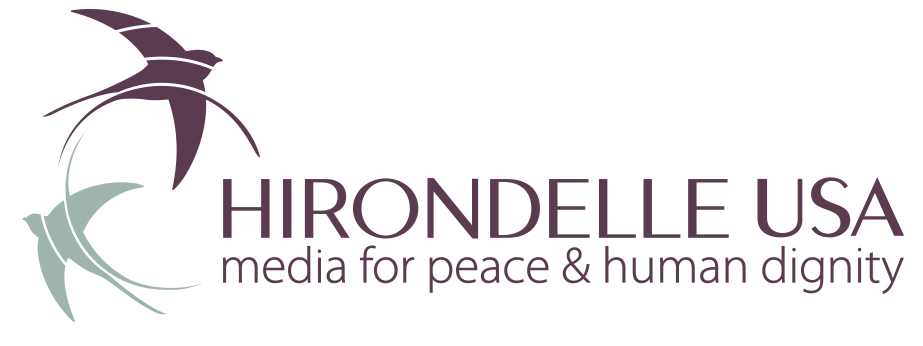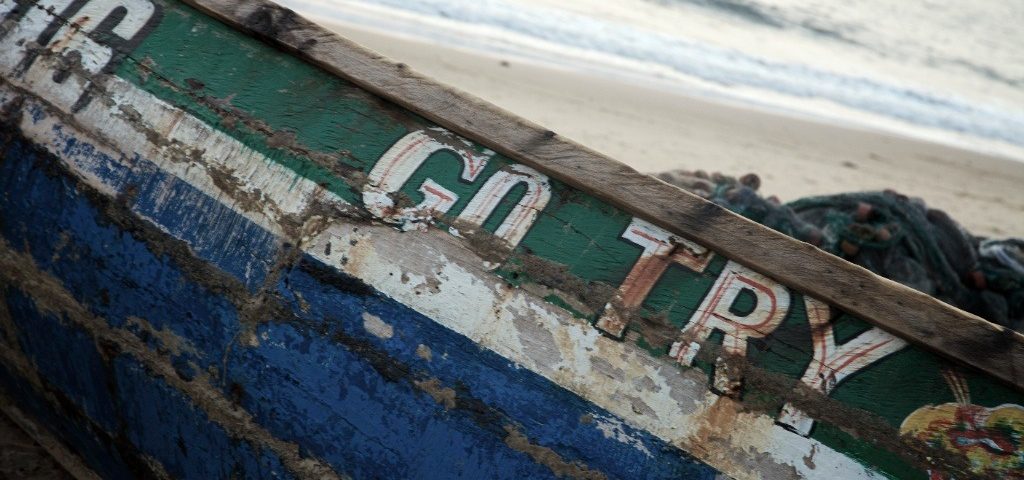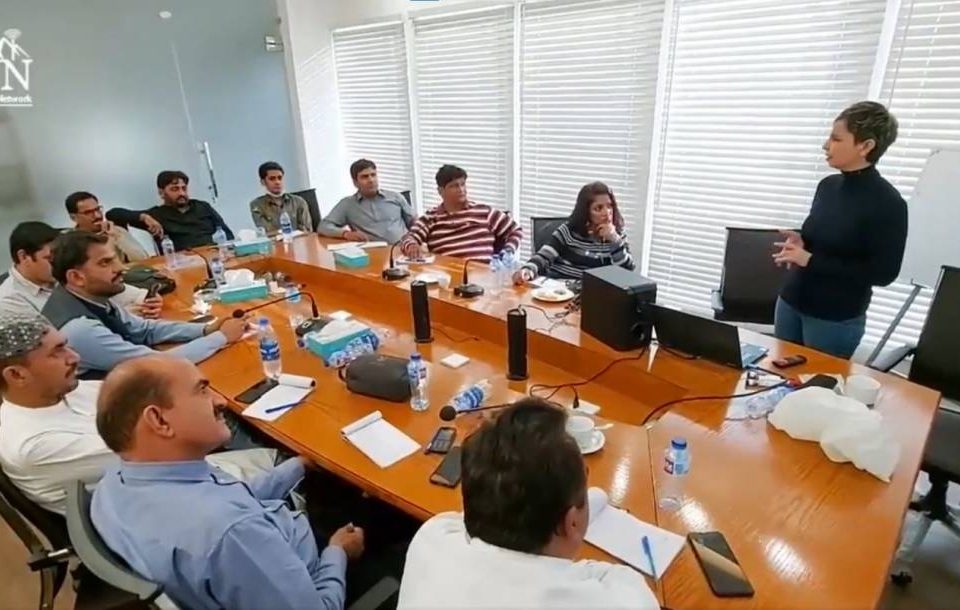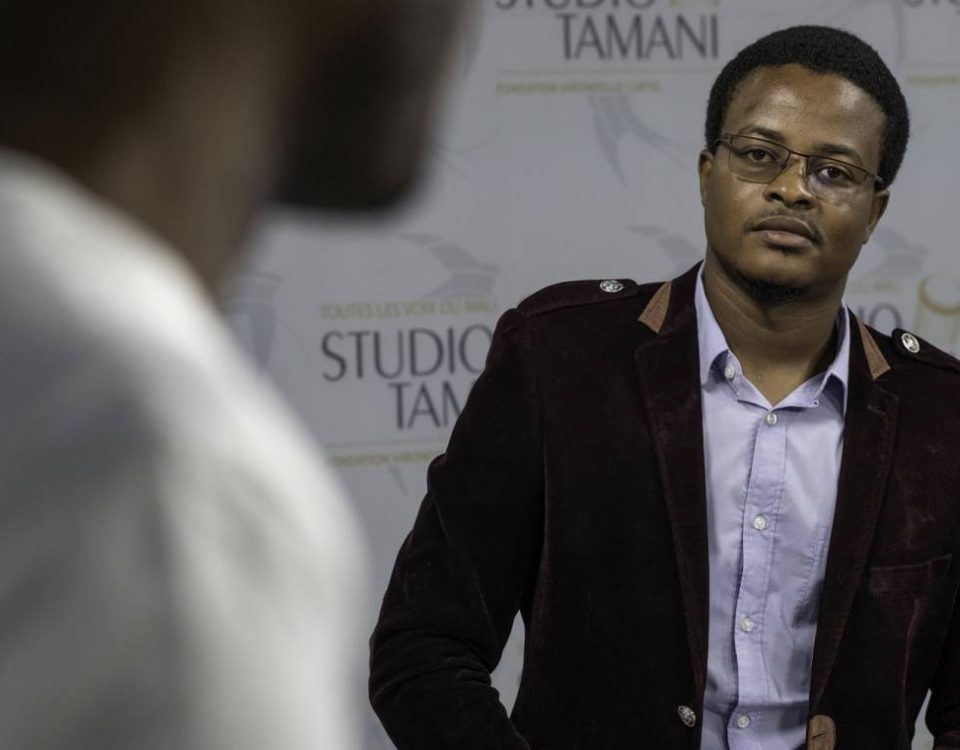Innovations in environmental reporting: what we’re learning in Sierra Leone

Studio Tamani, Islamic radicalism and Malian youth
June 24, 2014
In the Central African Republic, the environment is threatened by Chinese mining operations
July 25, 2019Can micro-grants and mentorship improve reporting on climate change in Sierra Leone? This is a question Hirondelle set out to answer with the recent launch of a reporting platform and pilot grant program, Lost Freetown Collective.
Our first class of 17 journalists from print, video and radio have just published their reports following two weeks of mentoring by acclaimed videographer Nazia Parvez, filmmaker Idriss Kpange, and CTN editor James Tamba Lebbie. Several participating journalists chose to look at waste management, a highly politicized issue with dire health consequences for impoverished communities. The result was a powerful video that aired on local television and included the voices of community members, decision makers and experts. Two radio reportages looked at the policy framework for waste management and at coastal zone management in Freetown’s Aberdeen Creek. Four articles in the print media followed up on the themes of flooding, community voices and policy. These multimedia reports will contribute to the debate on environmental issues in Sierra Leone, and could help people understand how the environment affects health, livelihoods, food security, and governance. The journalists and filmmakers will continue to follow up on these issues as part of the Lost Freetown Collective. Transforming communities and building greater resilience requires a long-term commitment and a concerted multidisciplinary approach to foster greater knowledge and accountability. Strengthening the capacity of journalists to produce informed, accurate, and accessible multi-media environmental reporting through training and mentoring is an important first step. What’s next? Working with Lost Freetown Collective and our local media partners we hope to continue to offer micro-grants that can fund radio, video, and print reporting and build a cadre of skilled science journalists in Sierra Leone. In doing so we hope to engage decision makers and ensure environmental issues are on the political and economic agenda. Photo: Jean-Claude Capt




